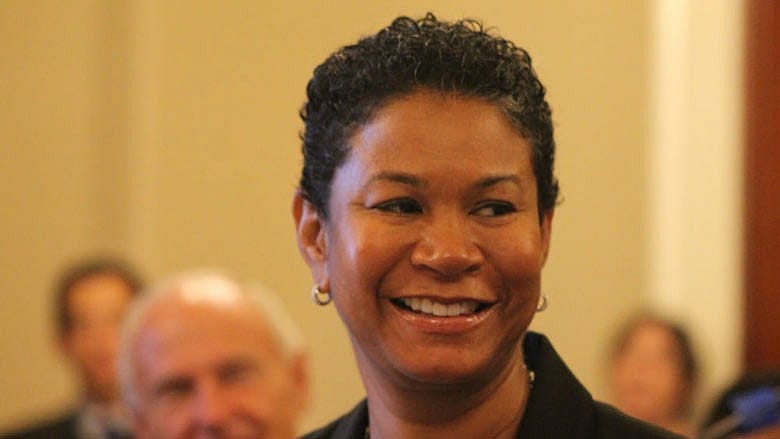Budd confirmation means three Baker appointees set to join SJC

STATE HOUSE — The Governor's Council on Wednesday confirmed Kimberly Budd to a seat on the Supreme Judicial Court, marking a complete sweep for Gov. Charlie Baker in his first bid at reshaping the state's high court in the face of multiple judicial retirements.
A Gov. Deval Patrick appointee who has served as a Superior Court justice since 2009, Budd is currently a regional administrative justice responsible for overseeing the administration and management of criminal business in Middlesex County.

